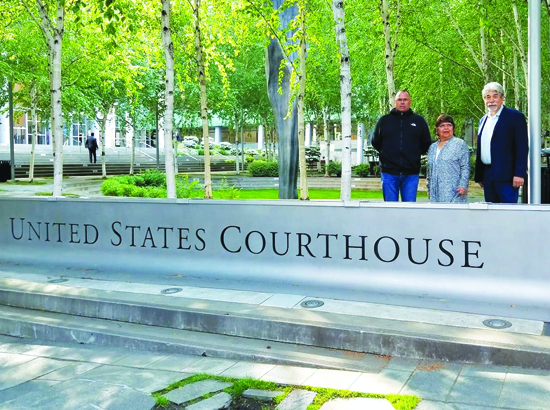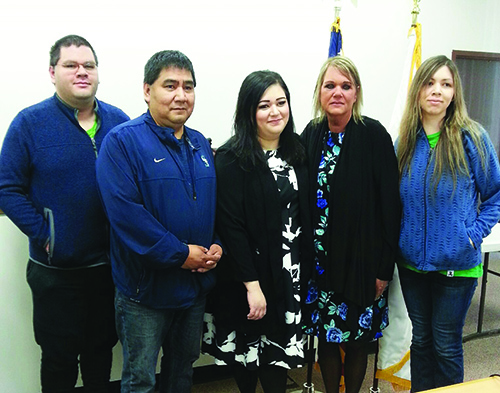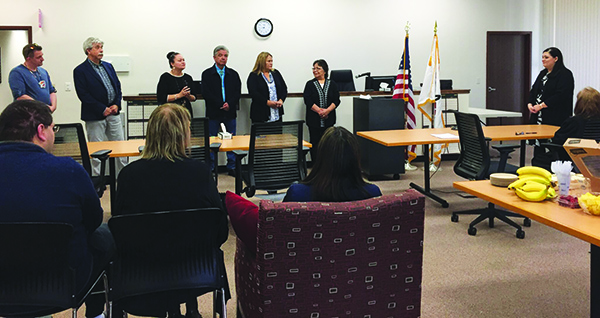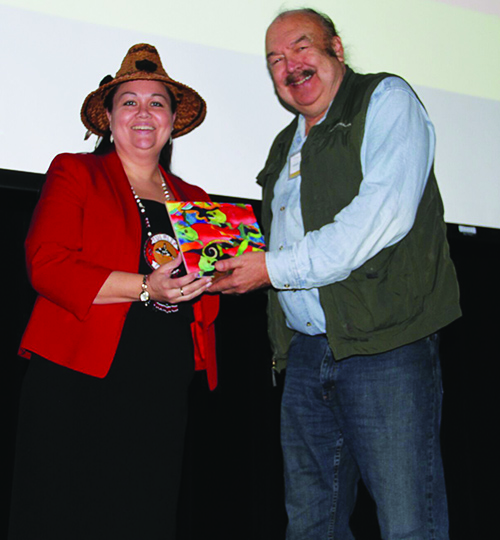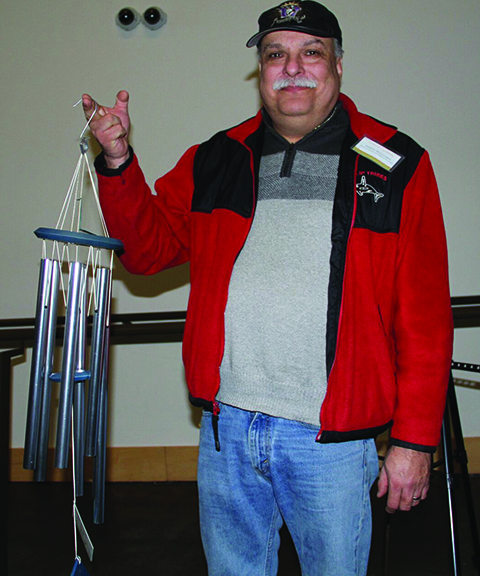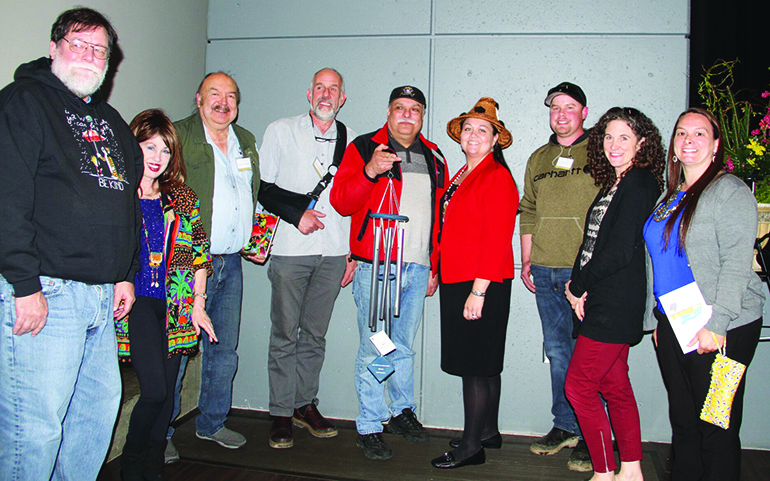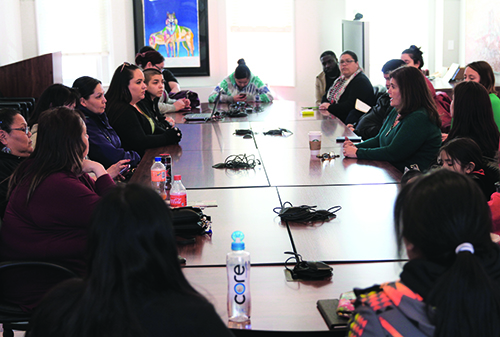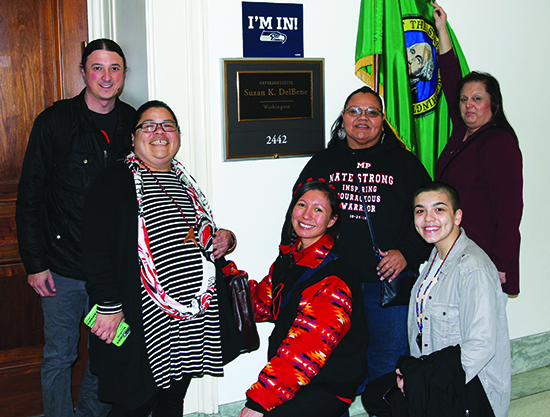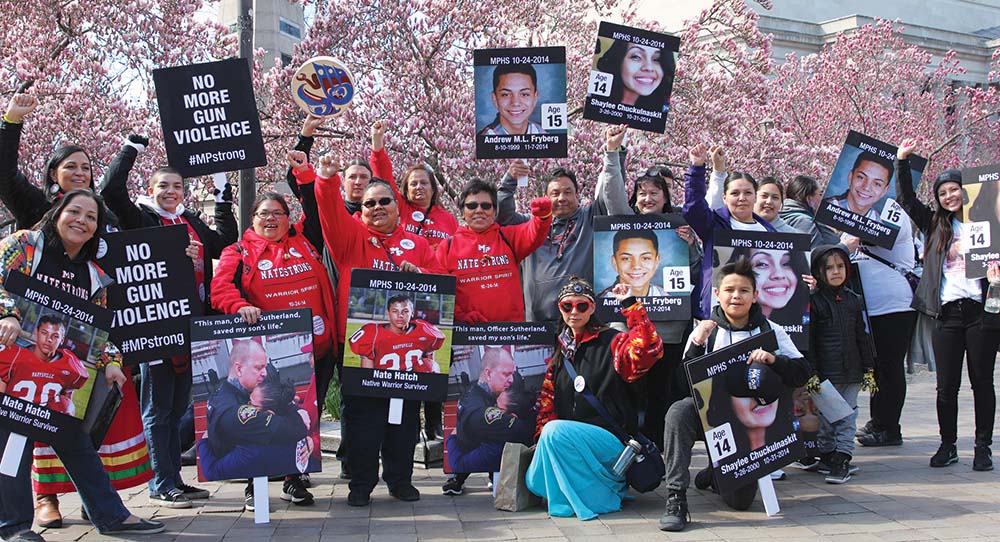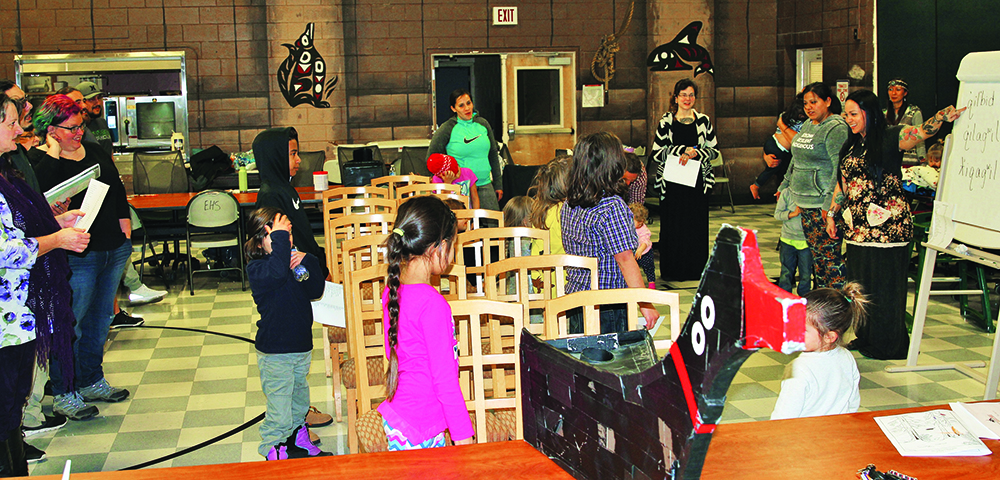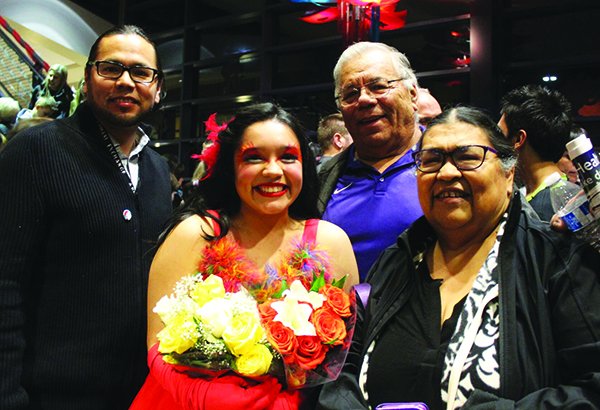By Micheal Rios, Tulalip News
Angelina Elworth is far from understated. Her life’s journey to this point has taught her much about circumstance, being reactive vs. proactive, the value of experience and, most importantly, the power of the growth mindset.
She understands her effort and attitude determine her ability to overcome any challenge, and recognizes that failure is just an opportunity to grow, to be better. In her twenties, Angie spent years working for the Tulalip Tribes; started in ECEAP, then in Leasing, followed by a stint in Utilities and finally a few years in Child Support.
None of those jobs were fulfilling because she had the entrepreneur’s spirit. From a young age she’d always wanted to own a business of her own, to be her own boss. Willing to risk it all and bank on herself, Angie resigned from her office job at the Tulalip Tribes in September 2016 in order to pursue her dream of being a business owner. It’s been 21-months since she made that fateful decision. Now, she sits down to reflect on her entrepreneurial journey, thus far, and detail how a 30-year-old tribal member has become the full-fledged owner of Angie’s Nail Boutique.
When did you first consider creating a business of your own?
“Honestly, I’ve always wanted to have my own business. It’s taken a long, long time to get to this point, but it’s always been a goal of mine. I worked in several positions for the Tribe, but the thought was always there that I’m not happy knowing what I really want is to create something of my own. So I took a leap of faith and went all-in with being an entrepreneur.”
That’s a huge risk. Most people aren’t willing to leave the comfort of a stable job for the uncertainty of following a dream.
“It was a risk, a huge one, but in order to become the person I want to be I have to accept those risks and continually challenge myself to grow. I’m confident enough in myself and my abilities that at the time it was something I had to do.”
What were your immediate steps after resigning from your job?
“Before resigning, I researched local beauty schools and found out about an amazing program offered at Evergreen Beauty School in Everett. I knew it would be the right fit for me. So after resigning from Child Support, I enrolled full-time at Evergreen and began classes in October 2016. Plan was to cash-out my 401k and invest that money into supplies and money for my own business. That’s exactly what I did after graduating from the beauty program.”
How was the transition to becoming a full-time student?
“I’ve taken a number of miscellaneous classes, including several online classes offered by the University of Phoenix, over the years. It may seem unrelated but I’ve accrued so much knowledge over the years by taking advantage of online and evening classes. So becoming a full-time student was easy because I love to learn. At Evergreen, it took six months for me to complete the program and receive a beauty license. After graduating, in April 2017, I registered my business, Angie’s Nail Boutique.”
Why the beauty industry?
“It makes women feel amazing. We live in a society where there’s a lot of negativity and suppression, but yet women will always try to uplift themselves by looking and feeling good. When a woman has a really nice set of nails, do you know how many compliments she’ll receive? Compliments make people feel good. That kind of positive feedback is what makes the beauty industry a constant because the demand to feel good and look good will always be there.”
After creating and registering Angie’s Nail Boutique, then you hit some bumps in your journey. What happened?
“I attempted to really hit the ground running by leasing a space at Phenix Salon and Suites in Lynnwood, but being new to that area I didn’t have the clientele necessary to sustain the business. So I got out of the lease and had to take a step back and reevaluate my strategy for long-term success. Looking back, I really wasn’t strategic in my planning and I should have planned more thoroughly. That was a mistake, but I’ve learned from it.”
So you went back to school, again?
“Yes. I decided the best strategy was to re-enroll in Evergreen to receive an instructor’s license. That way I could eventually hire employees, train them in my style of work ethic, and better position myself long-term. I just finished the instructor’s program and passed the State exam two weeks ago.
It was one of the best experiences of my life. When you learn to be a facilitator and teacher, you become a student for life; whatever you learn, you teach other people. My instructor was amazing as well. She had very strong interpersonal skills, was consistent and always in a good mood. She is who I aspire to be.”
What’s the present status of your entrepreneurial journey?
“I’ve been in my current location in Everett since May 1st, not long at all, but I love it. It’s not work to me because I love what I do. I’m leasing a space at a better location for me right now. We have close to fifteen individual businesses here, sharing a building for the benefit of all. The ladies here I can interact with every day in a positive atmosphere where we are all rooting for each other to succeed.
“I definitely think this will be the point where I can establish a firm foundation for my business. It’s a good location with a positive atmosphere, somewhere that can allow me to build my client list to where I’m booked out for weeks.”
What’s the future hold for Angie’s Nail Boutique?
“Once I’ve reached a comfortable level with my savings, I plan to lease a larger space that’s dedicated to my business. Then I’ll be able to hire on employees, so that I can make full use of my instructor’s license by training other ambitious ladies who are willing to grow within the industry.
The ultimate goal is to expand my business so that I’ll have locations in Everett, Seattle and Bellevue. I see myself and this business continuing to grow together because there is nowhere else to go but up.”
Any advice you’d offer to someone considering the entrepreneur life?
“Everybody dreams. You can’t be scared to follow your dreams. A lot of people won’t allow themselves to succeed because they are so afraid of failure and looking bad. All the young adults of our Tribe are so full of opportunity. In order to reach your potential and chase your dreams, you have to be willing let go of everything holding you back. You have to cut out the negativity and the naysayers. It might sound scary, but it’s so worth it in the end. And remember, that any bump in the road offers the chance to learn and grow, to be better.”
Angie’s Nail Boutique is located at 2817 Rockefeller Ave, Everett WA 98201. To schedule an appointment please call (425) 501-4210. For more information about services she offers visit angiesnailboutique.com or check out the Angie’s Nail Boutique page on Facebook.



